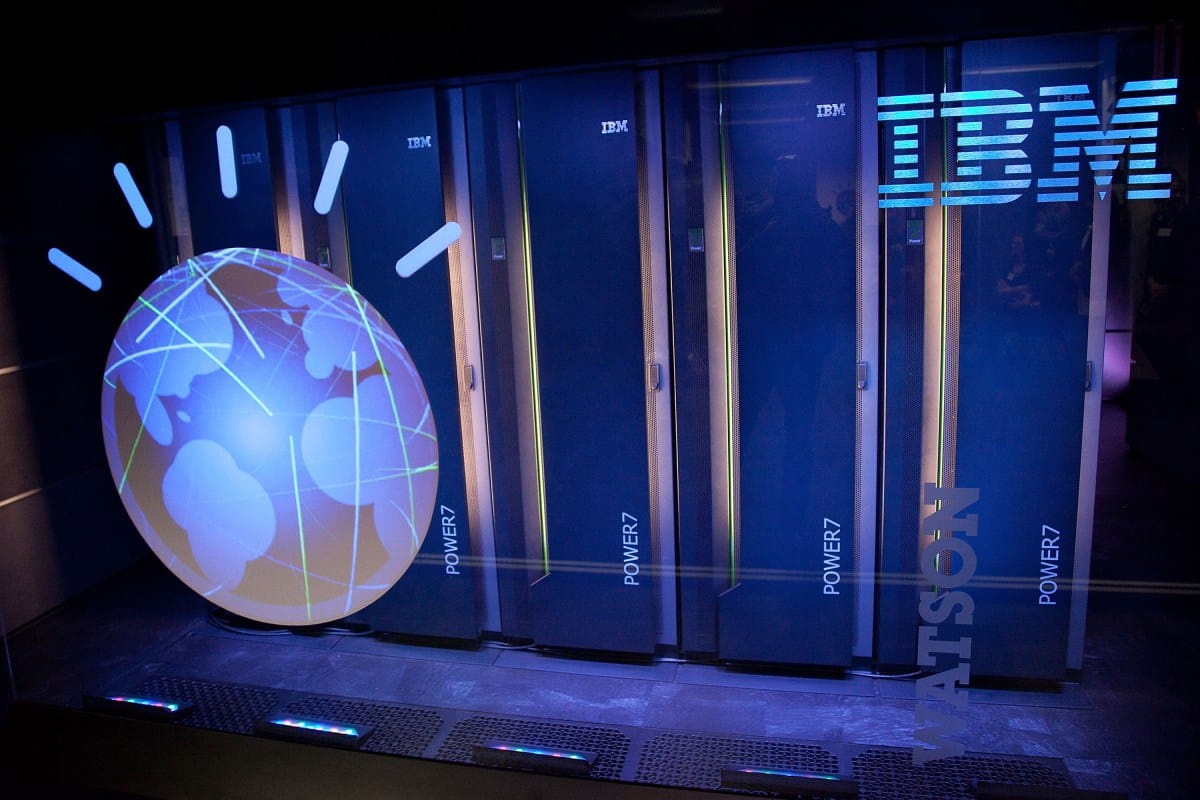Watson Steps into Cancer Researcher’s Shoes

IBM’s Watson, the cognitive intelligence computer cum Jeopardy champion is treading into cancer research by managing to do in a day what takes 35 years for an average researcher to do.
There is a flood of new research published each day from institutions and organizations around the world. Hoping to make sense of this data is outright unreasonable, just going through all the data alone would be a boon for researcher. The research publication scenario is only going to get worse with increasing number of discoveries and publications. It makes sense that an incredibly fast cognitive computer capable of understanding and making sense of this data and derive meaning is applied.
After entering into areas such as disease diagnosis, shopping, finance, cooking and banking, Watson is being taught to read research papers and formulate hypothesis for researchers to work on. Researchers at Baylor College of Medicine were able to get Watson to analyze 70,000 scientific papers on the protein p53, a protein responsible for many forms of cancers. Watson recommended 6 different proteins that modify p53, which is far cry from the usual one protein per year identified by researchers.
Companies such as Johnson & Johnson and Sanofi are also interested in using Watson to mine their immense research databases. While Johnson & Johnson is hoping to accelerate drug comparative effectiveness studies, Sanofi is hoping to seeds re-purposing of its existing drugs.
Researcher-Free Labs of the Future
By combining Watson with automated laboratories, all researchers will need to do is monitor the progress and maybe apply for grants once in a while. Already companies such as Transcriptic are leading the way to get researchers out of wet-labs and other equipment manufacturers are bringing human involvement to as little possible. Watson’s success could be a boon for personalized medicine.

